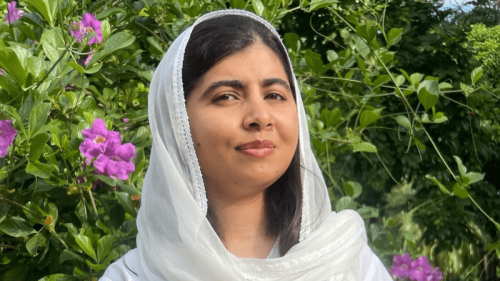IT has been debated for too long whether foreign direct investment (FDI) is good or bad for a developing economy. Some argue that FDI is essentially a tool in the economic arsenal of the industrialised countries for controlling the resources and markets of the South. Such a control is seen necessary for Western corporations to counter the downward pressure continually exerted by workers on corporate profitability. Contrary to the claims, foreign investment is not designed to assist the developing countries.
However, FDI is marketed by the West through “development” literature and through institutions such as the IMF, the World Bank, the WTO, and even by the UNCTAD.
On the other hand, a more qualified proposition is made that “properly-regulated” FDI can bring growth, jobs, technology, skills, market access and development. However, its negative effects must be balanced with its good ones.
FDI is neither good nor bad, it all depends on how you deal with it. This view is becoming popular in many circles, including some reformed neo-liberal economists, especially after the East Asian and Argentina crises of 1997 – 2001.
Currently, more than 90 per cent of third world government policies are dominated by the view that FDI is necessary for the development and growth cannot be spurred by without it. It is also believed that FDI brings inter alia efficient management of resources, technology, a culture of competition, and access to global markets.

Our government is working hard to attract large-scale FDI and has even allowed foreign investors to hold unlimited equity and making concerted efforts to project a positive image of the country. It is also striving hard to cross the figure of $1 billion FDI in the last many years. To attract more, the government has opened many avenues for it and offered a number of incentives.
The most important measure that the government took was to allow 100 per cent repatriation of profits by foreign investors which is rare in neighbouring countries.
And the strength of economy was recently demonstrated by the response of Sakuk bonds during in international market last year. Both of these bonds were oversubscribed.
The telecom sector is one of those which has been opened for foreign investment with positive outcomes. The new international players have entered the domestic telecom market.
In the cellular sector, two new operators of world-fame were added with the existing four others when cellular mobile phone licenses were issued to Telenor and Warid. These licenses were issued through open auction for $291 million each. As a response to a PTA advertisement, 33 applications were received from all over the world. Finally nine applicants were short-listed to participate in the bidding. A sum of $10 million had to be deposited in cash with PTA. The earnest money was kept mandatory so that only serious investors would come forward. The amount from the successful bidders was subsequently adjusted towards auction winning price.
PTA—the telecom watchdog—has created a conducive and investors-friendly environment by awarding licenses in an open and transparent manner.
The State Bank of Pakistan says that a total of $207 million were invested in the telecom sector by foreign investors, in the form of licence fees paid by operators while they are investing much more in infrastructure roll out all across the country. Last year, about 22 per cent of the total foreign investment has been made in the telecom sector. In the current year, about 15 per cent of the total FDI has gone into the sector.
One estimate is that $5-8 billion FDI would come to the cellular mobile and fixed line telephony in next five to five years. Mobilink says that they are in the process of raising $200m to help fund our $400m investment programme for next year. Telenor and Warid are planning to invest over $500 million in the next year and part of this investment would be funded by foreign sources while the rest would be financed by locals including the reinvestment of the company profits.
All the six cellular operators plan to invest over $I billion every year in next three years. Besides, cellular operators, government has also divested 26 per cent PTCL shares to a UAE-based company for $2.6 billion.













































Dear visitor, the comments section is undergoing an overhaul and will return soon.